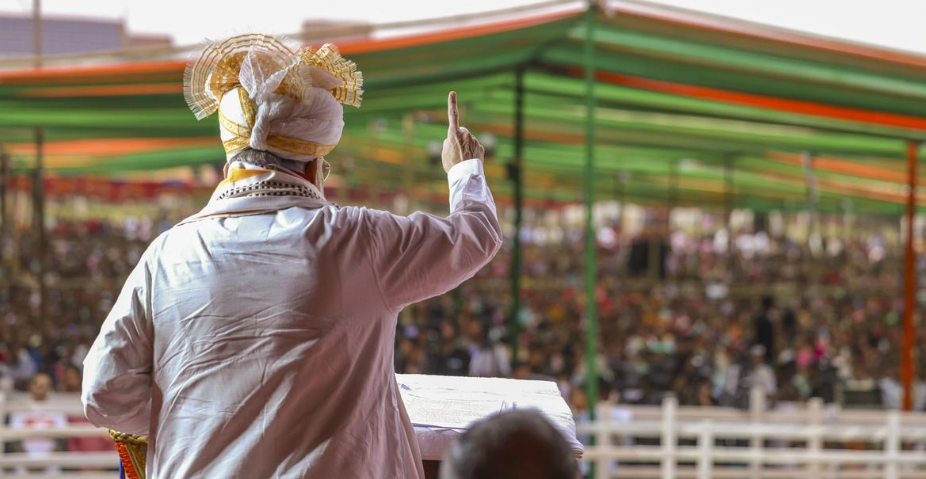The Fraying of the Model Code of Conduct: A Concern for Indian Democracy (GS Paper 2, Polity)

Context
- The model code of conduct, designed by the Election Commission of India (ECI) to ensure fair and peaceful elections, is facing egregious violations by senior politicians during the campaign for the 18th Lok Sabha, raising significant concerns about the integrity of the electoral process.
Upholding the Code
- Political parties are obligated to adhere to the code, which was formulated based on consensus among all parties to maintain civility and orderliness in elections.
- However, elections in India often descend into a no-holds-barred battle, with parties resorting to below-the-belt tactics to gain an advantage.
Constitutional Mandate
- The Constitution empowers the ECI to conduct free and fair elections, considering it an integral part of the Constitution's basic structure.
- The Supreme Court, in Election Commission of India vs State of Tamil Nadu and Others (1993), reaffirmed the Commission's role and powers in ensuring the purity of the electoral process.
Key Provisions of the Model Code
- The code prohibits activities that aggravate existing differences or incite communal hatred. Criticism of political parties should focus on policies and programs, avoiding unverified allegations or appeals to caste or communal feelings.
- Additionally, corrupt practices or offenses under election laws are strictly prohibited.
Enforcement Challenges
- Although the model code is not legally enforceable, the only recourse for aggrieved parties is to lodge complaints with the Commission.
- While neither The Representation of the People Act nor The Conduct of Election Rules explicitly address the code, the Election Symbols (Reservation and Allotment) Order empowers the Commission to take action against violators.
Ministerial Oaths and Violations
- Ministers, through their oaths, pledge to uphold fairness and impartiality. Violations, such as promoting enmity between sections of society, breach this oath.
- While the law lacks specific provisions for punishing such violations, Section 125 of the Representation of People Act 1951 addresses promoting enmity or hatred between citizens on religious grounds.
Judicial Role in Ensuring Fair Elections
- The Supreme Court has emphasized the importance of maintaining the purity of elections, condemning practices that foster hatred based on religion, caste, or community.
- It can direct the ECI to initiate criminal proceedings under Section 125 and even remove violators from campaign activities during ongoing elections.
Conclusion: Safeguarding Democracy
- The powers vested in the ECI by the Constitution are crucial for preserving the integrity of India's electoral process.
- It is imperative for the Commission to exercise these powers effectively when the need arises, ensuring that elections remain a fair and democratic process devoid of divisive tactics.


